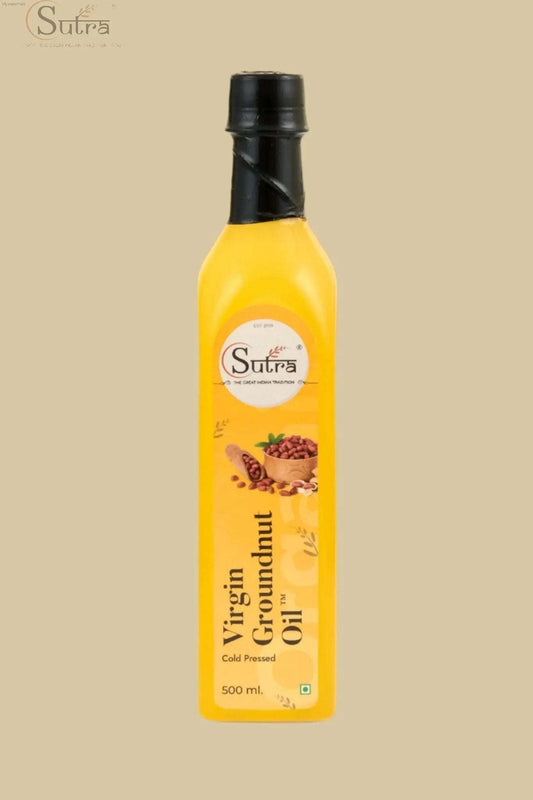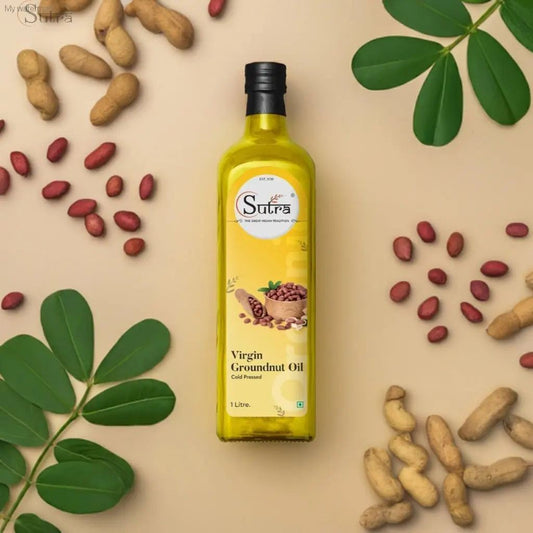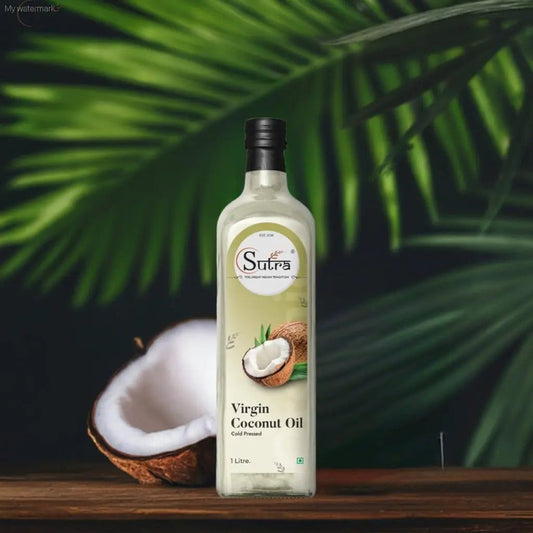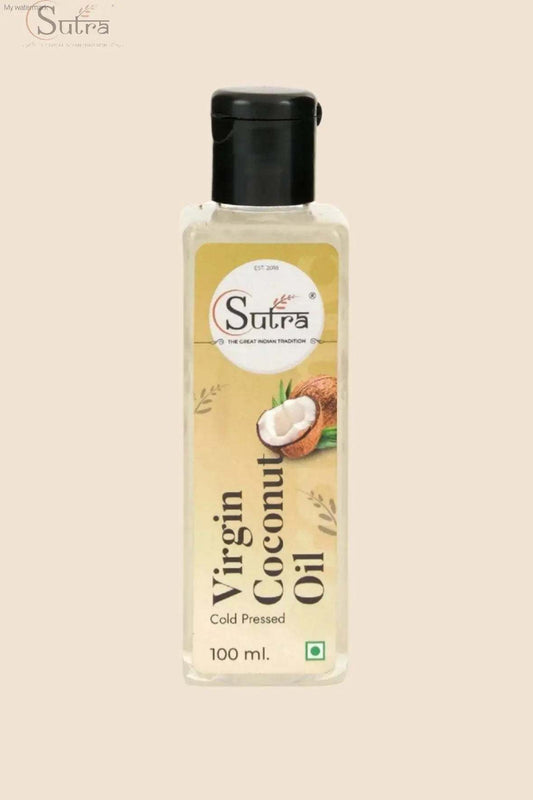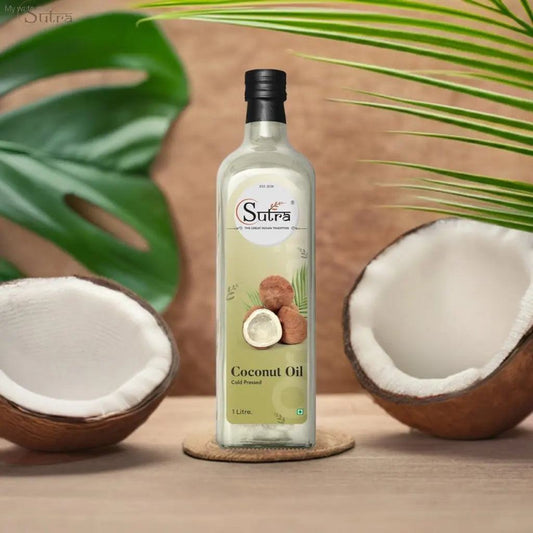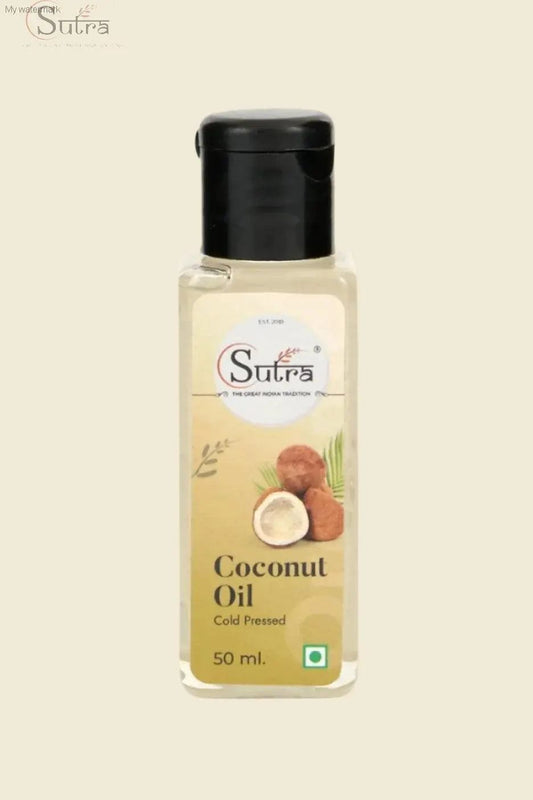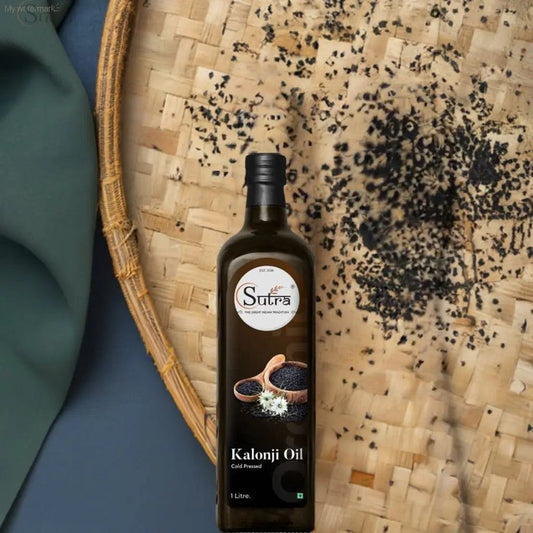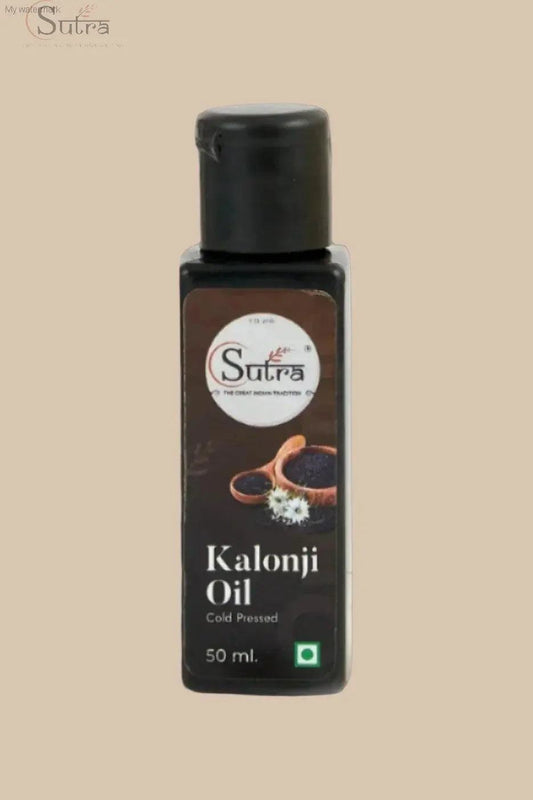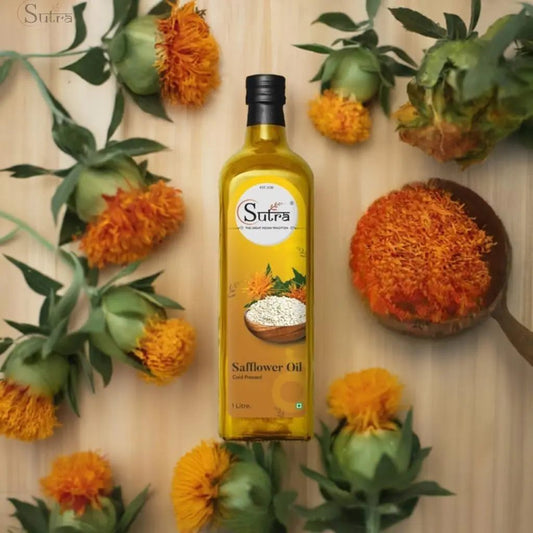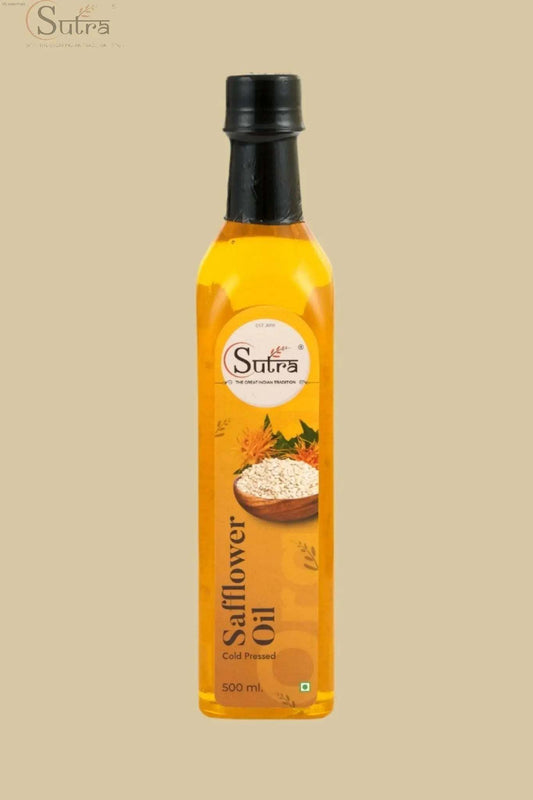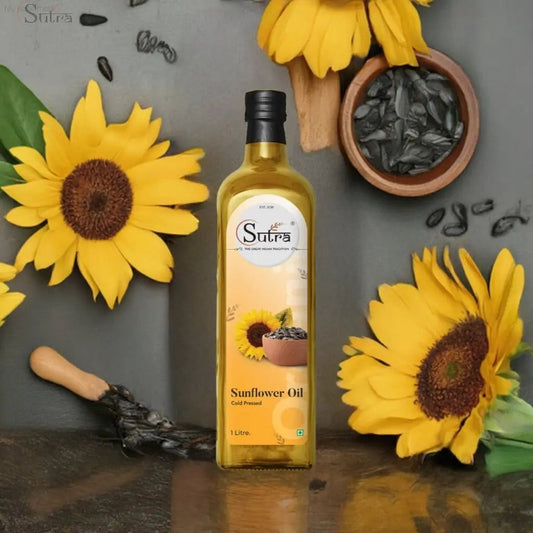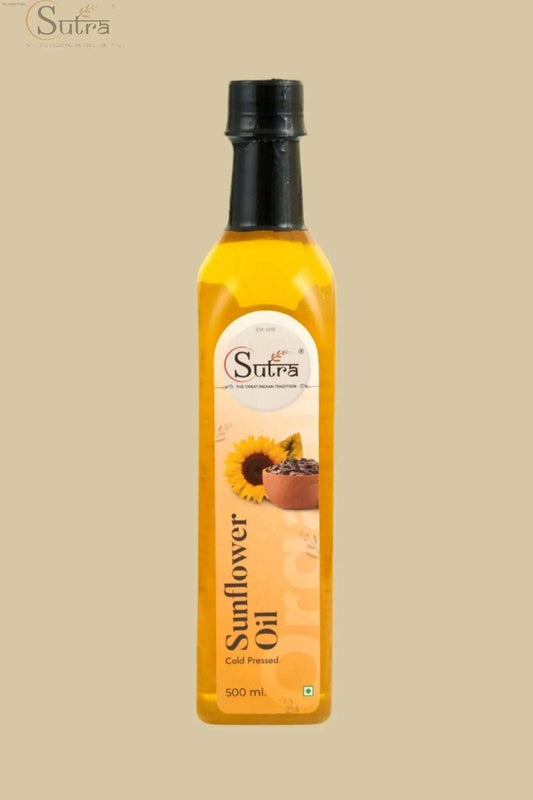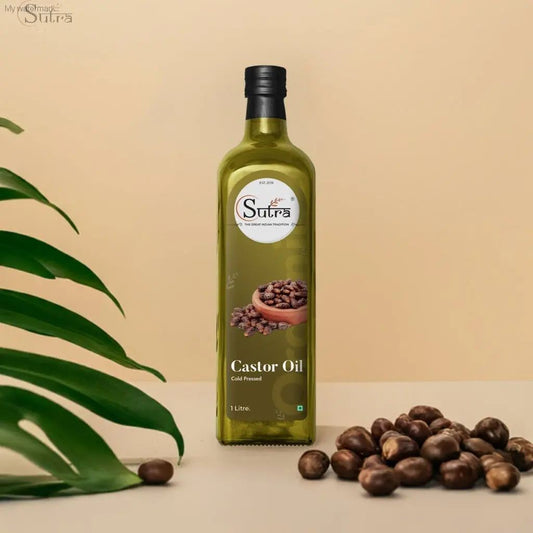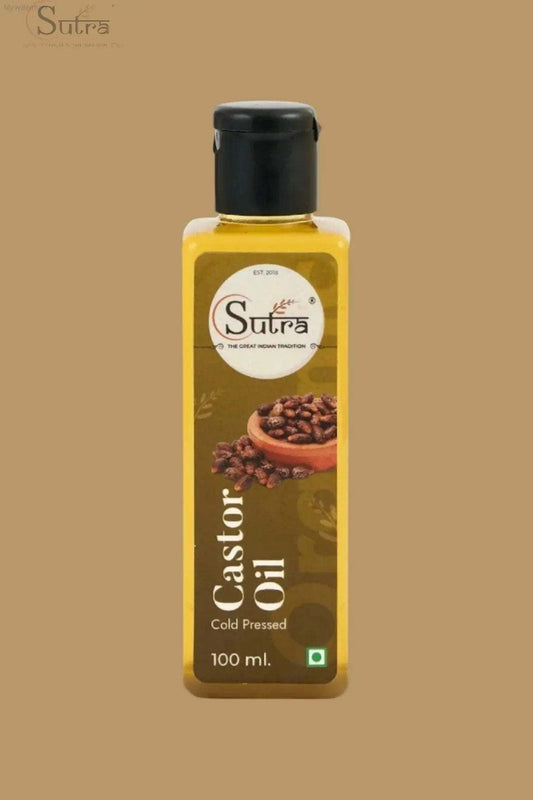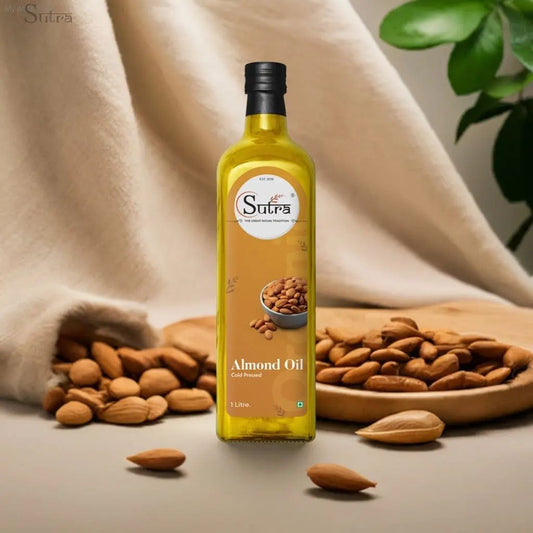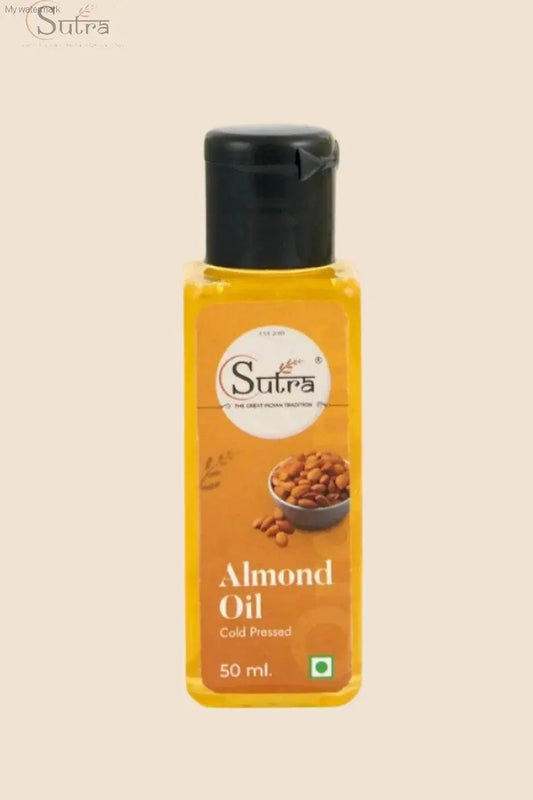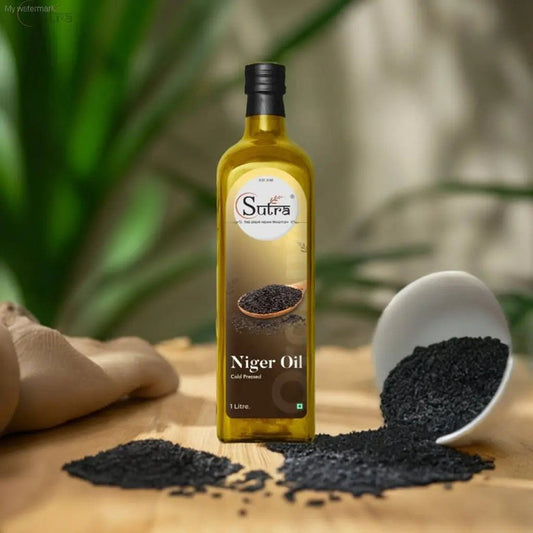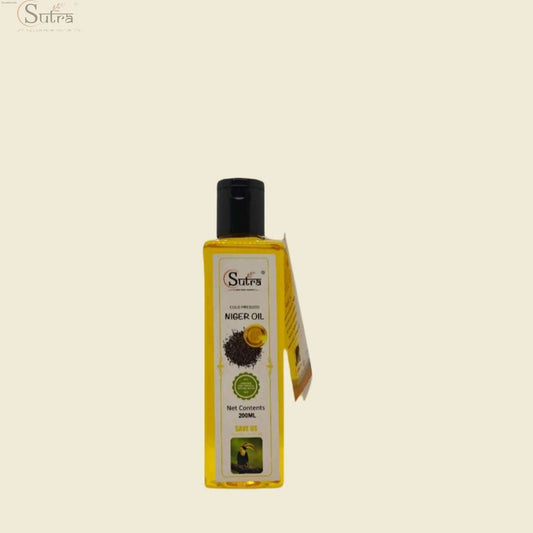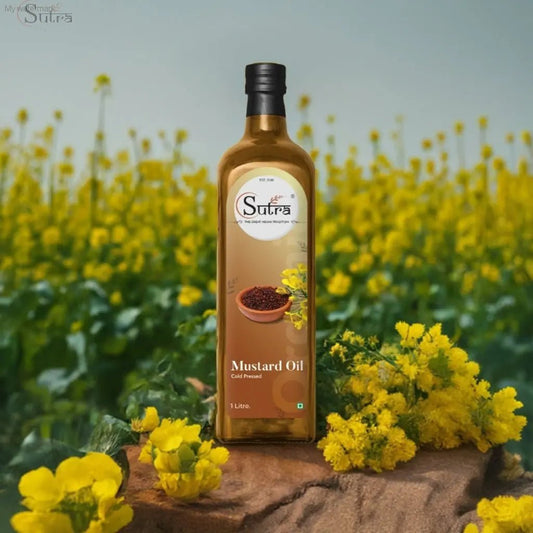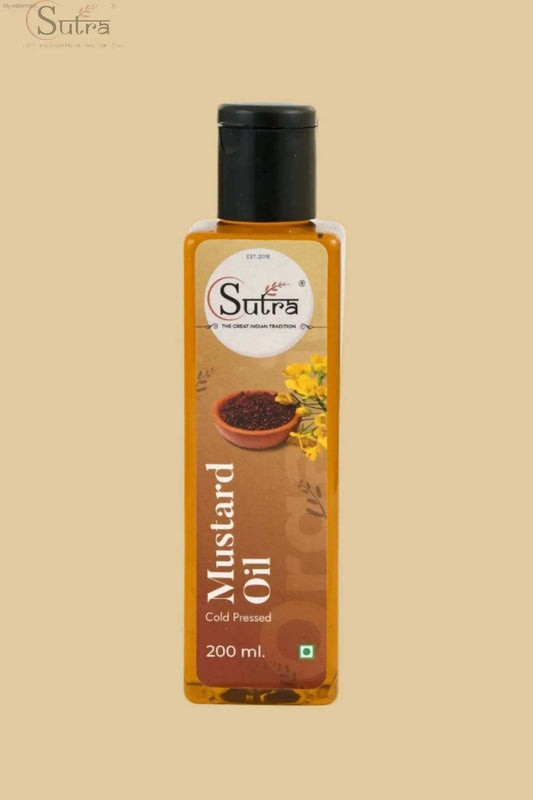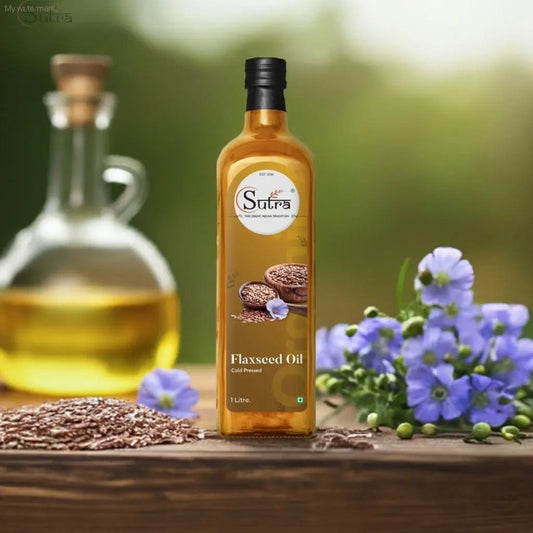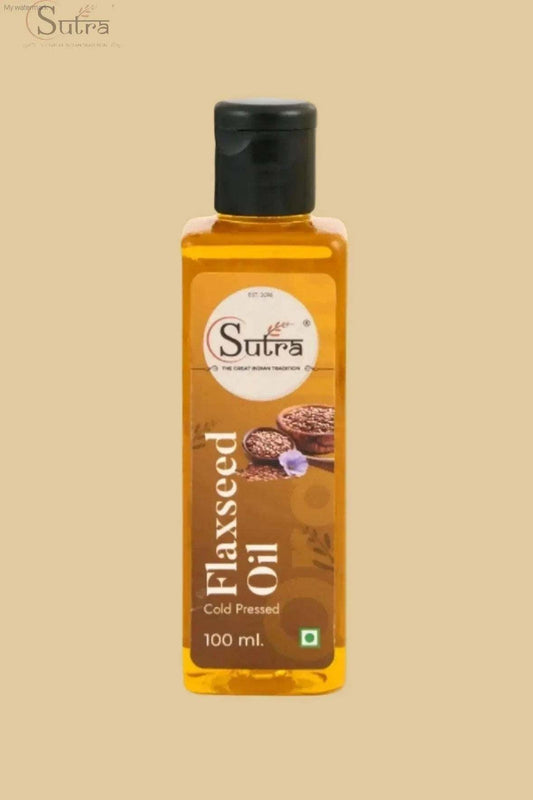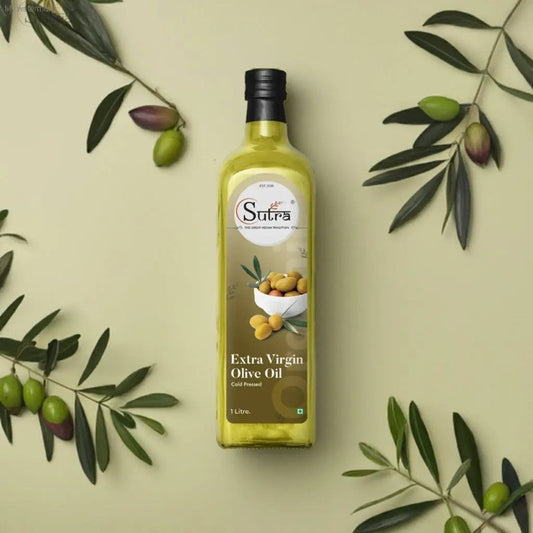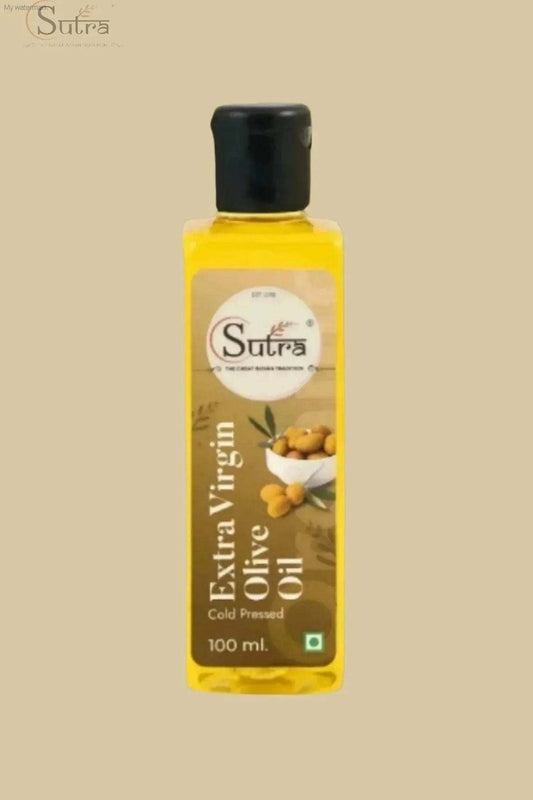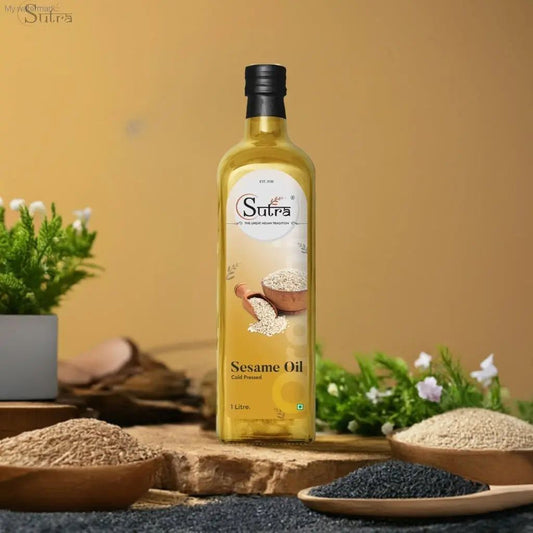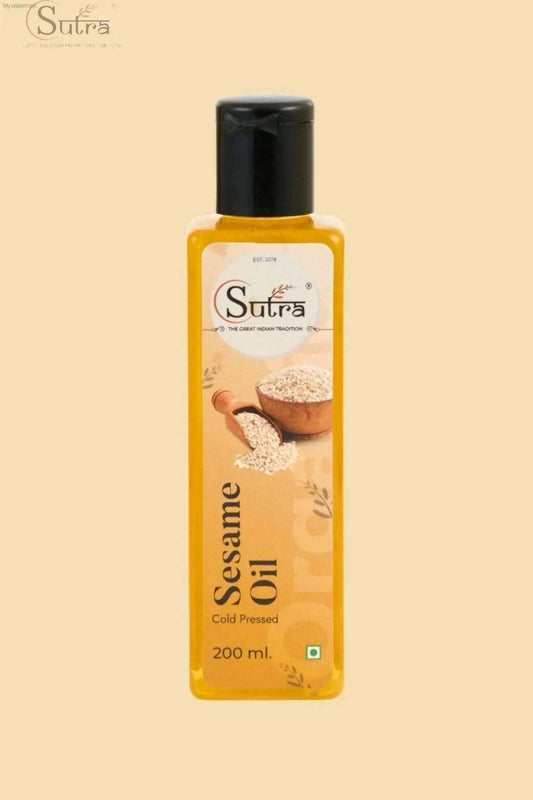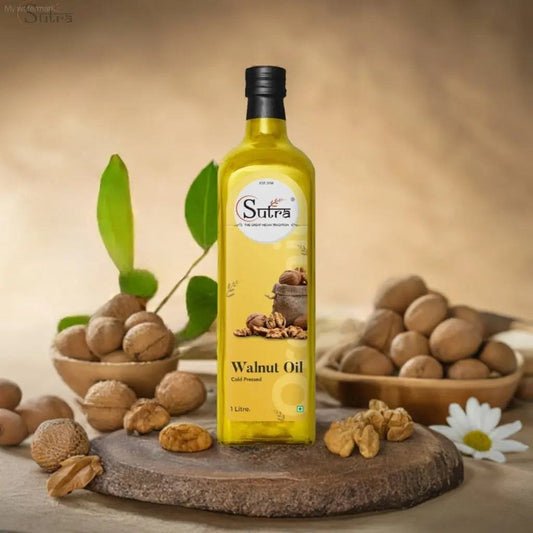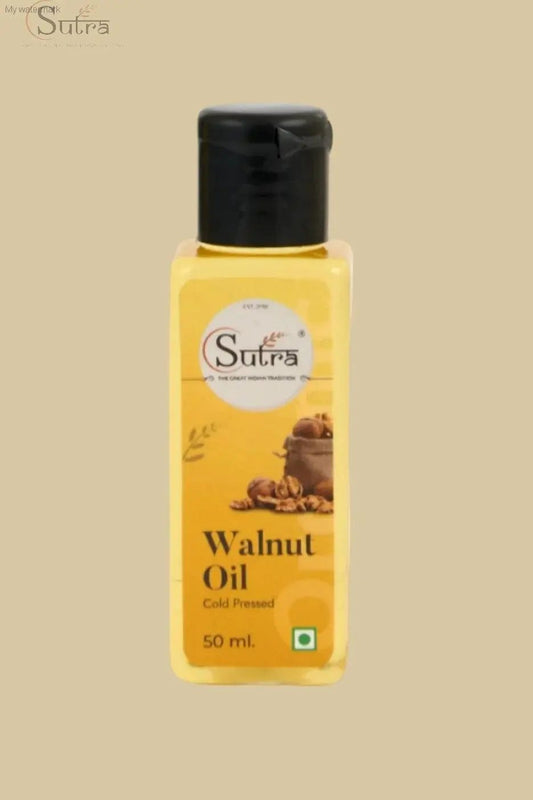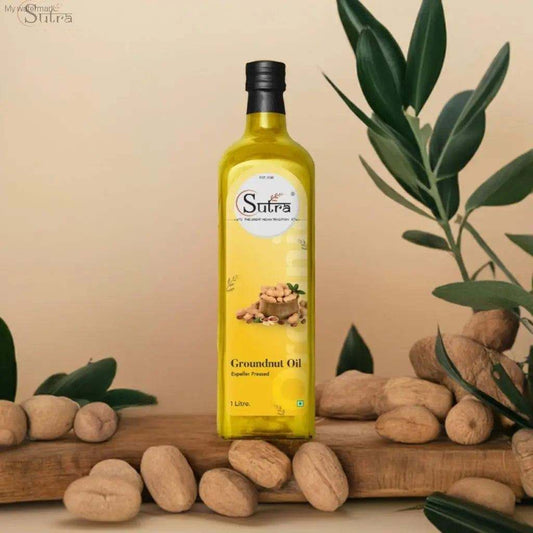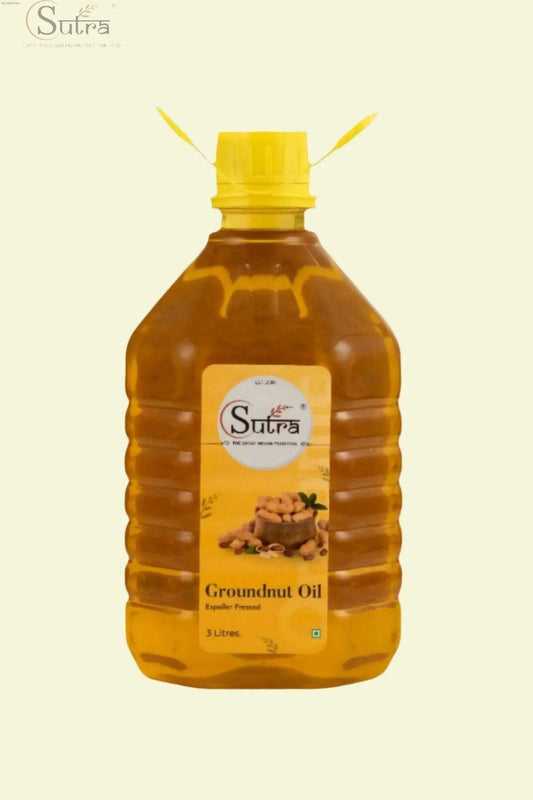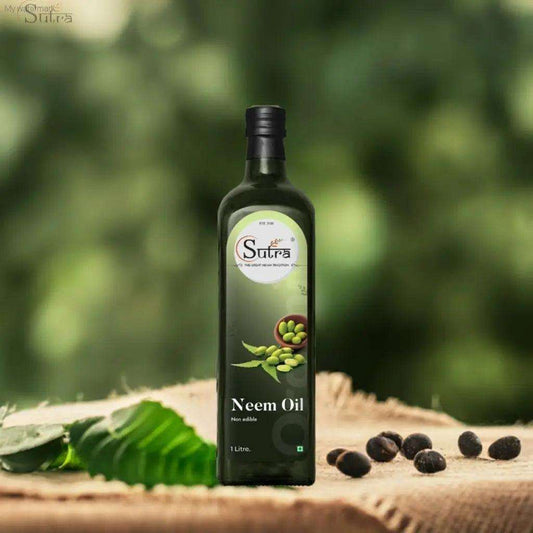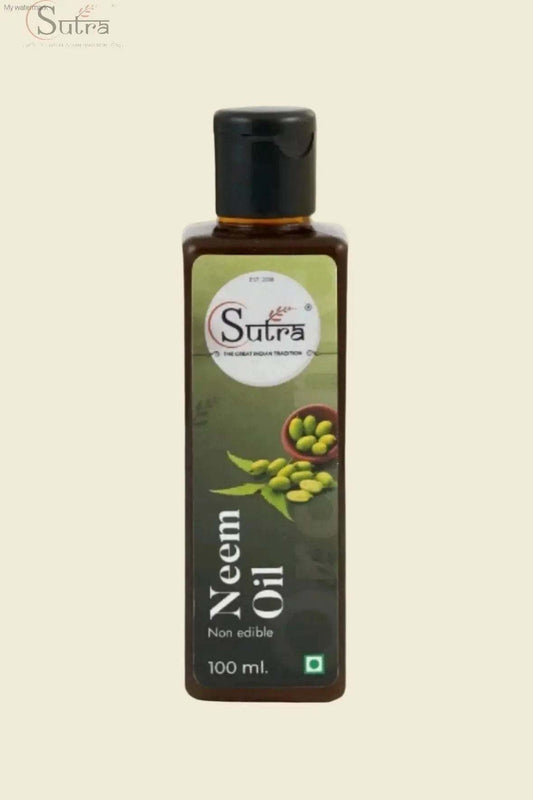Cold Pressed Oils vs Refined Oils – Which is Better for Your Health?
Cooking oils are a kitchen staple in every household, but the type of oil you use can have a big impact on your health. Over the years, cold pressed oils have gained immense popularity as a healthier alternative to refined oils. But is this just a wellness trend, or is there real science behind it? In this comprehensive guide, we’ll explore the differences between the two, their nutritional values, and which one truly deserves a place in your kitchen.
Table of Contents
- What is Cold Pressed Oil?
- What is Refined Oil?
- Extraction Process: Cold Pressed vs Refined
- Nutritional Comparison
- Health Benefits of Cold Pressed Oils
- Possible Downsides & Considerations
- Which is Better for Cooking?
- Cost Comparison
- Tips for Buying Pure Cold Pressed Oils
- Conclusion
What is Cold Pressed Oil?
Cold pressed oil is extracted from seeds, nuts, or fruits using a mechanical press without applying heat. This process retains the natural aroma, flavor, and nutritional properties of the oil. Traditionally in India, this method is known as wooden ghani pressing.
Key characteristics:
- Extracted at temperatures below 50°C
- No chemical solvents used
- Rich in antioxidants and natural flavors
- Shorter shelf life compared to refined oils
What is Refined Oil?
Refined oils go through multiple industrial processes involving high heat, chemicals, and deodorizing agents. While this removes impurities and extends shelf life, it also strips away most of the natural nutrients and flavor.
Key characteristics:
- Extracted using solvents (often hexane)
- Processed at high temperatures
- Neutral flavor and odor
- Longer shelf life
Extraction Process: Cold Pressed vs Refined
| Aspect | Cold Pressed | Refined |
|---|---|---|
| Method | Mechanical pressing | Solvent extraction & high heat |
| Temperature | < 50°C | 200°C+ |
| Preservatives | None | Often added |
| Flavor | Natural & rich | Neutral |
| Shelf Life | 6–12 months | 1–2 years |
Nutritional Comparison
Cold pressed oils retain vitamins such as Vitamin E and Vitamin K, along with antioxidants and healthy fats like omega-3 and omega-6 fatty acids. Refined oils lose most of these due to heat and chemical processing.
Health Benefits of Cold Pressed Oils
- Heart Health: Rich in monounsaturated and polyunsaturated fats that help reduce bad cholesterol.
- Antioxidant Power: Protects cells from oxidative stress.
- Better Digestion: Free from artificial additives.
- Supports Skin & Hair: Nutrient-rich oils like coconut and sesame promote natural beauty.
- Anti-Inflammatory: Natural compounds help reduce inflammation.
Possible Downsides & Considerations
- Higher cost compared to refined oils.
- Lower smoke point for some varieties—better for low to medium heat cooking.
- Shorter shelf life—must be stored in airtight containers away from sunlight.
Which is Better for Cooking?
If you’re cooking at low to medium heat, cold pressed oils are the healthier choice. For high-heat deep frying, refined oils may be more stable but less healthy overall.
Cost Comparison
Cold pressed oils are typically 2–3 times more expensive than refined oils, but the health and flavor benefits often justify the price for those who prioritize wellness.
Tips for Buying Pure Cold Pressed Oils
- Look for labels stating “100% cold pressed” or “wooden ghani pressed.”
- Check manufacturing and expiry dates—avoid old stock.
- Buy from trusted brands or local farmers.
- Avoid oils with strong rancid smell or cloudy appearance.
Conclusion
While refined oils offer convenience and affordability, cold pressed oils provide far greater nutritional value and natural flavor. For long-term health, replacing refined oils with cold pressed options—at least for part of your cooking—can be a game changer.
Shop authentic, 100% pure wooden pressed oils at Sutrakart and enjoy healthier, tastier meals.


